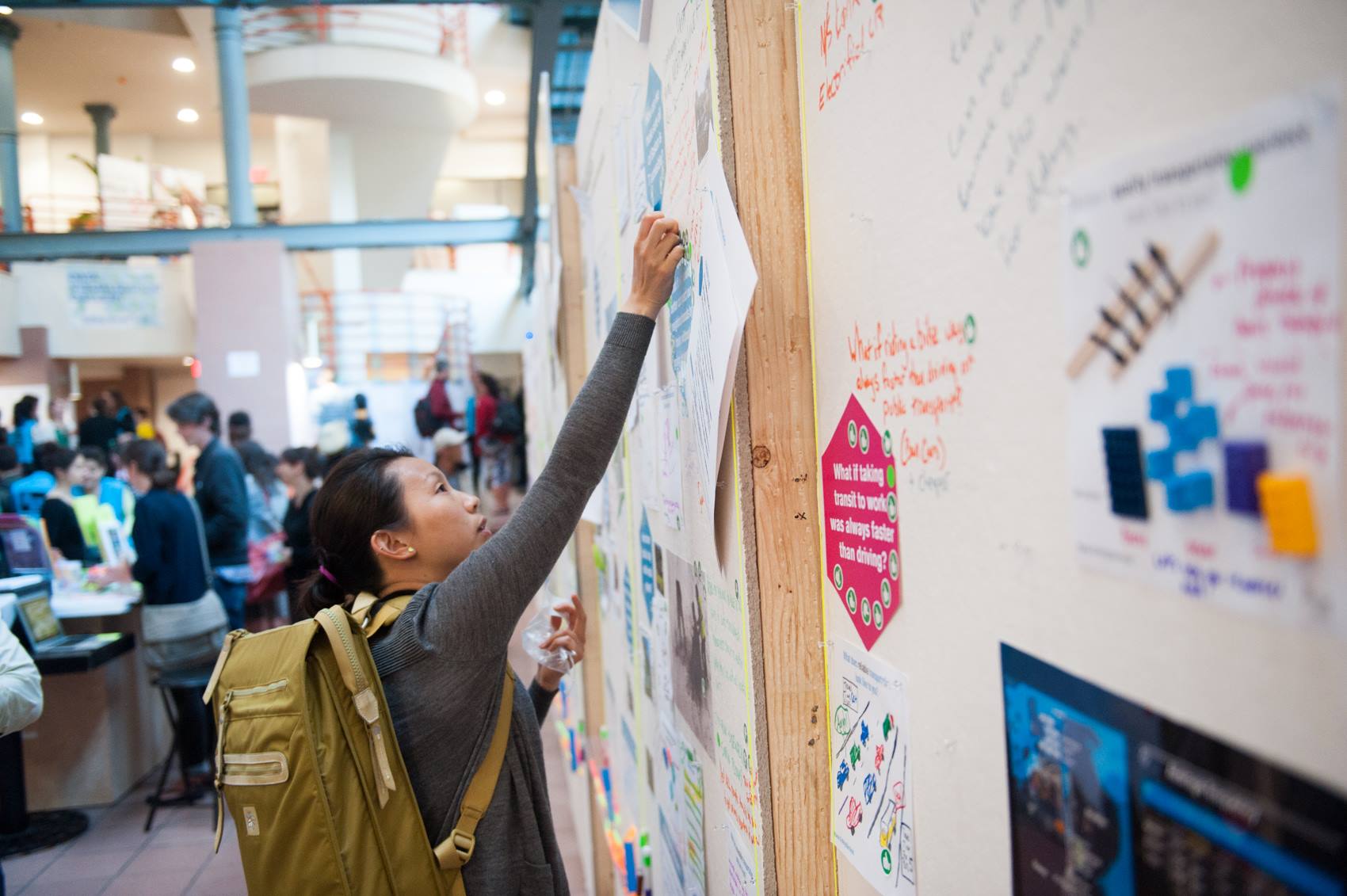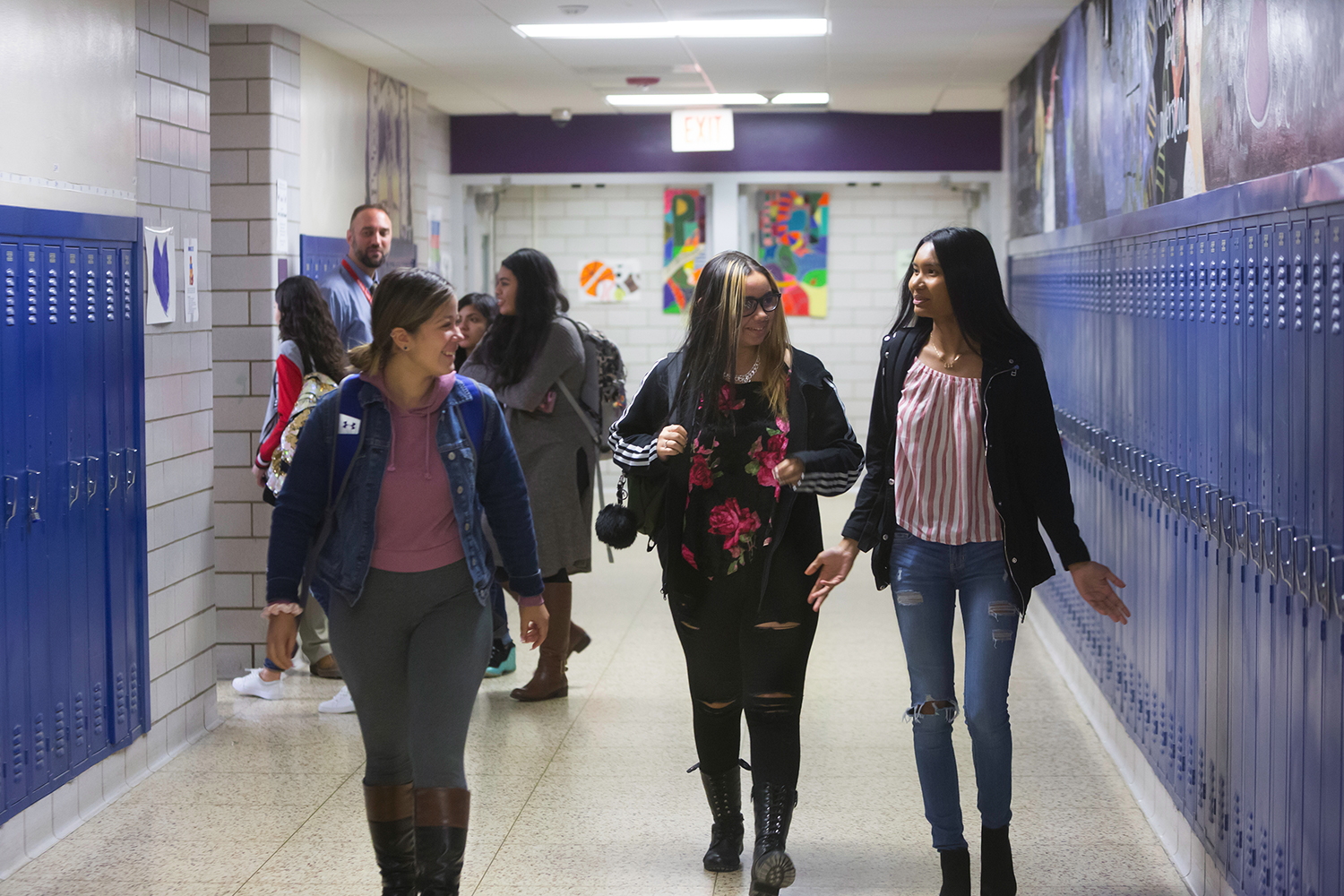Since I arrived at Barr in July, one of my top priorities has been to advance the Foundation’s approach to learning and evaluation: how we gauge the impact we’re having and apply and share the lessons we’re learning. I am pleased to be able to share key insights and decisions that emerged from our months-long inquiry.
Over the past six months, we drew on the generous insights of grantees and partners, input from colleagues and experts nationally, and findings from benchmarking efforts (such as the timely release last fall of a new report on evaluation practices from The Center for Effective Philanthropy). This research helped us understand current practices, opportunities, and needs, and to reflect, with our trustees, on the best path for Barr.
From these conversations, we have framed a set of goals, principles, and next steps.
Our overall goal for evaluation and learning is to maximize the impact of the Foundation’s resources over time. We will pursue this goal in two ways:
- Investing selectively in evaluations at the grant, Foundation, and field levels to assess impact and identify the elements that led to impact.
- Developing and supporting structures and opportunities for learning at the Foundation and in the field.
We will also make targeted investments in capacity building, where we and our partners identify particular needs and opportunities.
Three guiding principles will shape all of our evaluation and learning efforts—that they be meaningful, actionable, and manageable:
- Meaningful:By “meaningful,” we mean that evaluations will be designed to produce credible information on big questions that advance understanding in our fields in significant ways, and to explore both successes and failures.
- Actionable:We will focus on questions and information that can be applied directly to increase the impact of an intervention or strategy.
- Manageable:Our activities will be structured to maximize learning while minimizing burden on our partners (or staff); i.e., they will focus on a limited number of clearly-defined questions, and utilize methods appropriate for the work being evaluated.
One immediate, significant investment will be to build our staff capacity and knowledge by hiring a director of learning and evaluation.This person will work with Foundation leadership and staff to continue sharpening our overall approach, and with program teams to refine and implement clear goals, learning questions, metrics, learning opportunities, and targeted evaluations.We invite you to review the job description and to help us identify strong candidates for this important role.
Investments in learning and evaluation flow directly from Barr’s core values and from the ways we approach all of our work—in particular, with commitments to share knowledge and learning, and to demonstrate openness and transparency. We acknowledge we have much to learn, and we are excited to take these next steps in partnership with many this year.




